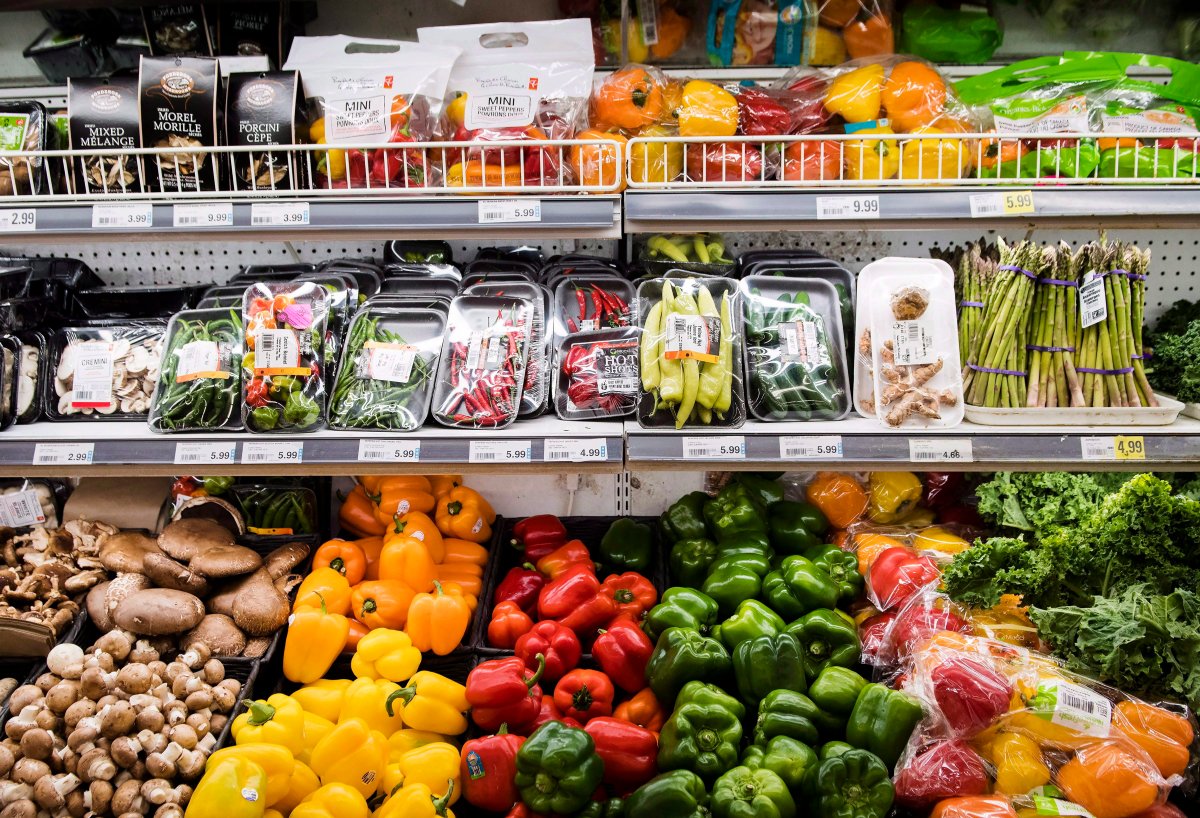Quebecers seem to have taken advantage of confinement to improve their diet, according to work carried out at Laval University.

This is true not only of Quebecers who already had a good diet before the health crisis, but also of those whose diet left something to be desired.
Researcher Benoît Lamarche, a professor at the Faculty of Agriculture and Food Sciences and director of the NUTRISS Center at Université Laval, studied with his colleagues the eating habits of some 900 participants in the NutriQuébec project, starting before the start of the province’s first lockdown in the spring.
“To our knowledge, this is the first time that we have really measured data of real behaviour on the eating habits of Quebecers during the pandemic,” Lamarche said. “It allowed us to see that, in this group there, the quality of the food (…) improved slightly. This is the opposite of what we expected to see.”
Thus, the index of the quality of food participants stood at 70 per cent in the spring, against 69 per cent before confinement. This increase is believed to be the result of a combination of small increases in the consumption of whole-grain cereal products, legumes, vegetables, fish and seafood, and dairy products.

Get weekly health news
The researchers also noticed an increase in the intake of plant proteins and total proteins as well as a decrease in the consumption of sugar and grain products made from refined flour.
The 100-point diet quality index jumped 3.8 points among people with obesity, 3.6 points among 18-to-29-year-olds and 1.9 points among lower-educated people.
“You see more marked improvements in certain groups,” Lamarche said. “For example, people who suffer from obesity have improved more. The explanation probably comes from the fact that their diet initially was perhaps a little of lower quality. ”
Much of the overall improvement would also be attributable to a significant decline in restaurant meals, he believes. In fact, the percentage of meals eaten outside the home decreased from 21 per cent to 4 per cent.
“There was already data in the literature which suggests that when we eat at home, and particularly when we are to eat, the quality of the diet improves,” he said.
Lamarche said that he and his colleagues were rather pessimistic at the start of the study and were pleasantly surprised by their results. Indeed, they expected that the stress associated with the lockdown and all the changes in our lives would have resulted in a decline in the quality of the diet.
He warns, however, that the NutriQuébec study involved people who had an interest in quality food, which may somewhat tint the results.
“Now, we have to go and reach the people for whom it is a greater challenge, that it is more difficult to reach with a project like that. We have to go and measure their behaviour in order to have a better portrait (of the) vulnerable in the face of a pandemic like COVID-19,” Lamarche said.
The participants in the study will be contacted again in the future, which could make it possible to measure whether the good eating habits acquired during the pandemic will have been maintained.
“It’s very difficult to answer that question,” Lamarche said. “You might think that for some people, the pleasure of cooking or having meals at home with the family will set in.
“But we can also think that when the daily grind will resume, that teleworking will perhaps decrease a little bit,” he said. “It is difficult to change eating habits and to maintain them in the long term if the environment becomes permissive, that it promotes less optimal eating habits, then it might come back.”
The findings of this study are published in The American Journal of Clinical Nutrition.









Comments